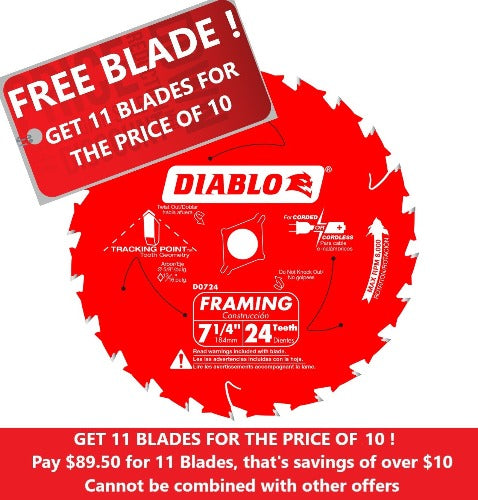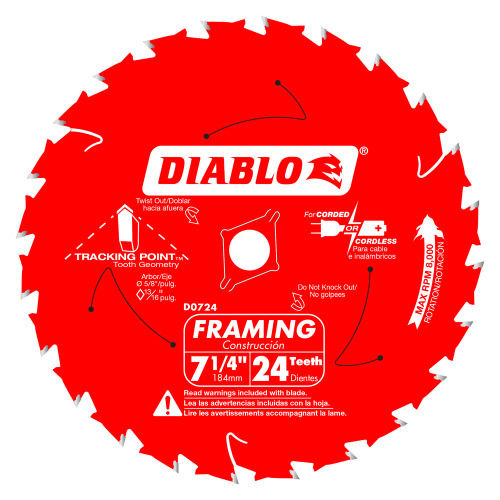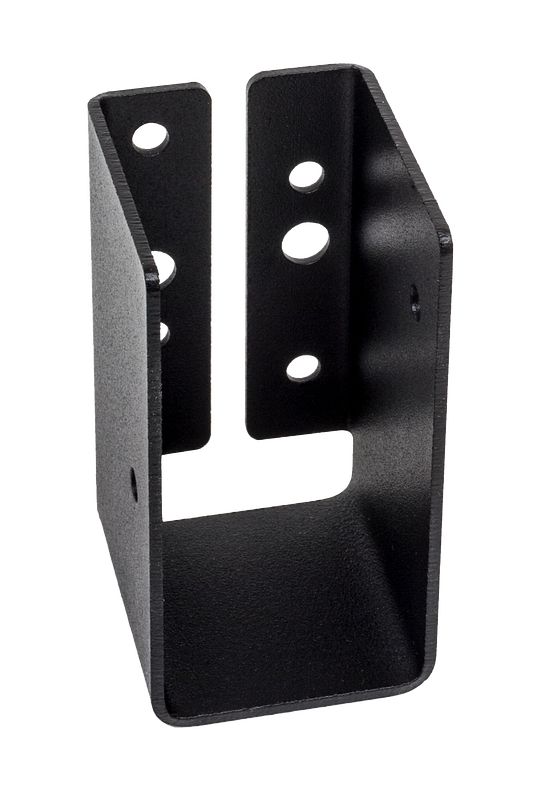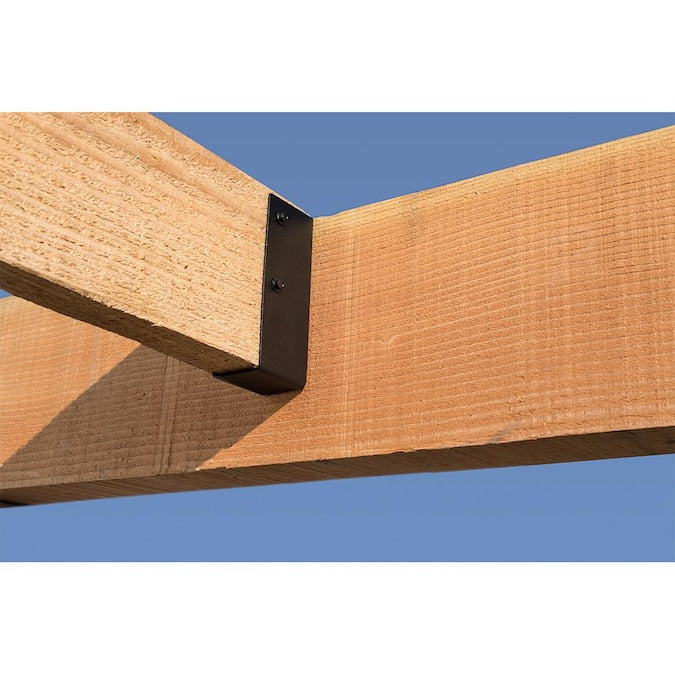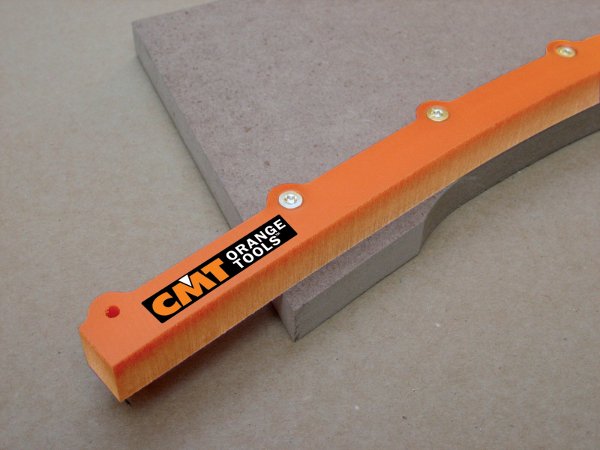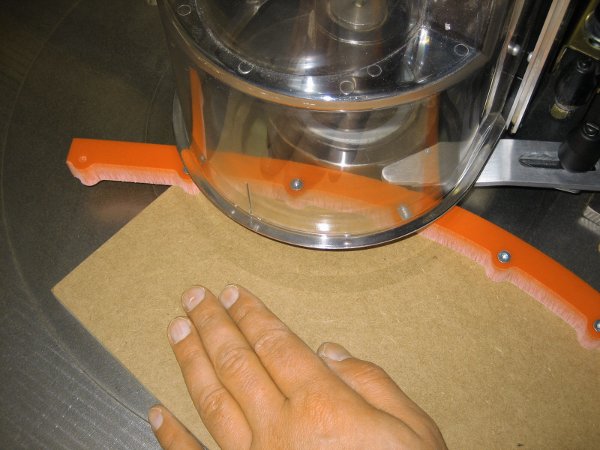When embarking on a drywall installation or repair project, the choice of screws can make a significant difference in the outcome. The various types of drywall screws have been tailored to suit different applications, materials, and conditions. Making an informed choice ensures not only that your drywall remains securely in place but also that it stands the test of time.
Understanding the Importance of Choosing the Right Screw
Drywall, being a delicate material, requires screws that can provide the right amount of grip without causing damage. Too short a screw might not offer the necessary hold, while a long one could pierce through and damage the other side. The material of the wall or ceiling to which the drywall is being attached also influences the type of screw needed.
Common Types of Drywall Screws
- Fine Thread Drywall Screws: These screws are designed specifically for attaching drywall to metal studs. The fine threads offer a secure grip when driven into thin metals, ensuring that the drywall stays in place.
- Coarse Thread Drywall Screws: More commonly used than their fine-threaded counterparts, these screws are best suited for attaching drywall to wooden studs. The coarse threads dig deep into the wood, ensuring a strong hold.
- Self-Drilling Drywall Screws: For those looking to bypass the process of drilling pilot holes, self-drilling screws come with a sharp pointed tip. This allows them to create their own holes, making the installation process faster.
- Trim Head Drywall Screws: When working on trim or baseboards, one requires screws that can sit flush or slightly below the surface. Trim head screws, with their smaller head and sharp point, are perfect for this task.
- High-Low Threaded Drywall Screws: These are specially designed screws with alternating high and low threads. They are particularly useful when attaching drywall to dense materials as they reduce the driving torque and enhance pullout resistance.
Considerations for Selecting the Appropriate Screw
- Length: Depending on the thickness of the drywall and the material of the stud (wood or metal), the required screw length can vary. Typically, for 1/2-inch drywall, a 1-1/4-inch screw is ideal.
- Material: While most drywall screws are made of steel, in areas with high humidity or potential water exposure, it might be wise to consider stainless steel or coated screws to prevent rust.
- Head Style: Depending on the finish one desires, the choice of head style (bugle, flat, or trim) can change. Bugle heads are popular due to their ability to prevent tearing the drywall paper.
Integrating Other Tools and Products
While the right type of drywall screw is paramount, integrating them with high-quality mechanical anchors and fasteners can further enhance the longevity and stability of the installation. Additionally, using reliable power tools ensures the screws are driven in accurately without causing damage.
The world of drywall screws, though seemingly straightforward, offers a plethora of choices tailored for specific applications and materials. By understanding the nuances of each type, one can ensure a flawless finish, stability, and longevity in drywall projects. With advancements in technology and the development of new materials, it is crucial to stay informed and make choices that align with the requirements of the task at hand.

